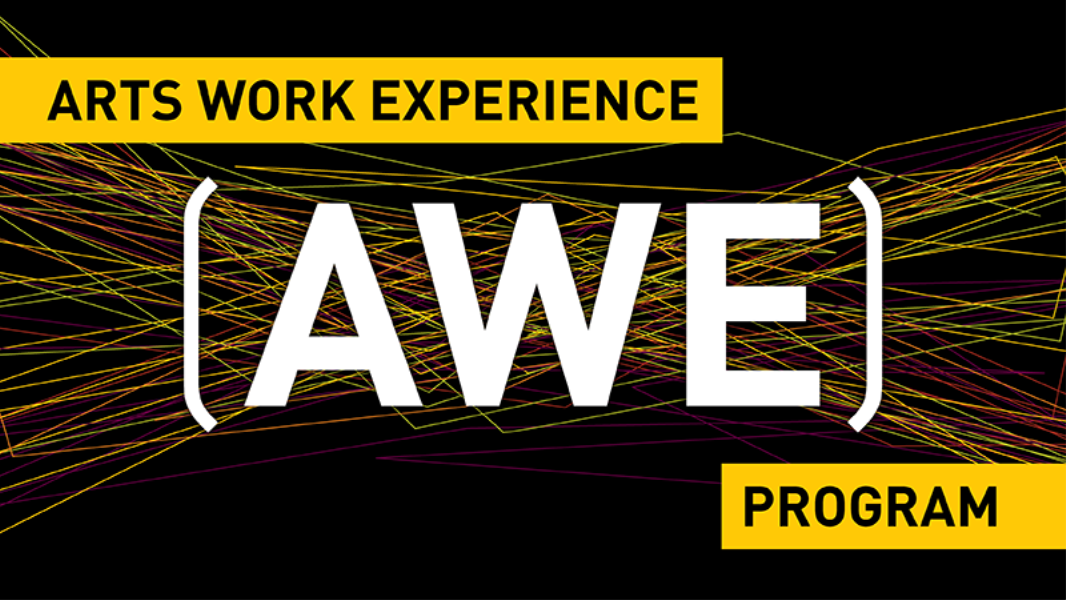Careers in Economics
About the profession
Graduates from our Honors degree program typically choose to do further graduate studies at the M.A. or PhD levels as well as work in the private and governmental sectors of the economy. Some of our recent Honors graduates are in PhD programs at New York University (NYU), Stanford University, and The University of British Columbia. Others are enrolled in M.A. degree programs at the University of Alberta and other Canadian universities. Our M.A. graduates have gone on to work for the Bank of Canada, Competition Bureau, National Energy Board of Canada, and the Department of Finance.
Alberta Learning Information Service provides an Occupational Profile for Economists, with job market, salary and characteristics information.
In general, economists:
- devise systems for collecting economic and statistical data regarding economic resources, how those resources are utilized, and the production and distribution of goods and services
- develop models for projecting economic and related activities
- compile, analyze and interpret results from a wide range of economic data and activity
- help others interpret economic data
- write reports to inform policy development and decision-making in government or business.
The work is essentially interpretive and analytical in nature, with an increasing emphasis on analyzing and comparing data from other economies as well as Canada's economy, and on evaluating the costs and benefits associated with alternative courses of action. Specific duties vary depending on the economist's area of specialization and employer.
Economists may specialize in various areas, including money and banking, consumer economics, financial economics, public finance, monetary and fiscal policy, international trade and finance, industrial organization, natural resource or environmental economics, health, labour, urban and regional, or agricultural economics.
Working economists
Information on economist jobs
Other students build successful careers by pursuing advanced designations in the financial industries. Many students take advanced courses in securities, derivitives, financial planning, or insurance. Interested students should visit the following sites:
- Canadian Securities Institute
- Canadian Institute of Actuaries
- University of Alberta CAPS program
- What can I do with my degree?
Working while still at school

Arts Work Experience offers undergraduate students the opportunity to gain 4, 8, 12 or even 16 months of paid work experience before graduation! Some examples of AWE employers that have targeted Economics students to fill coop work terms include: ATB Financial, BMO Group, Canadian Federation of Independent Business, Government of Alberta, Government of Canada, FirstEnergy Capital Corp., Kraft Canada, Mitsui & Co. (Canada) Ltd., PCL Constructors Inc., Scotiabank, and St. Albert Economic Development.
Please visit the HUB Career Centre (8917 HUB Mall) or email artscareers@ualberta.ca for more information.
CAPS is a university student service and the source for career and employment information and expertise. They provide the essential link between those looking for work and those looking to hire.